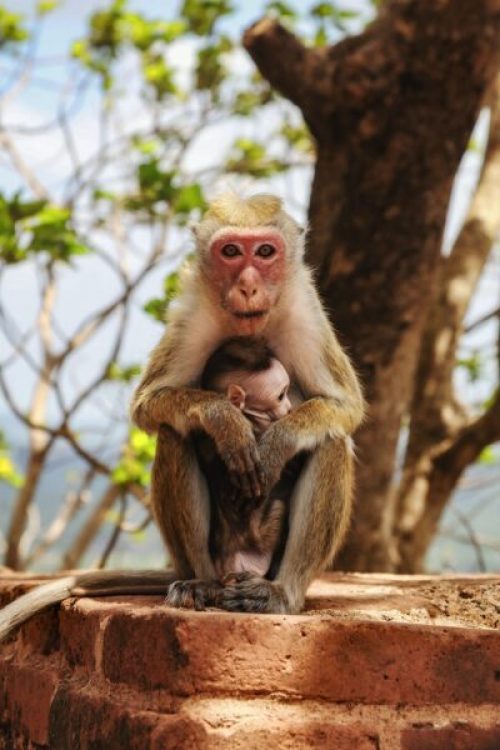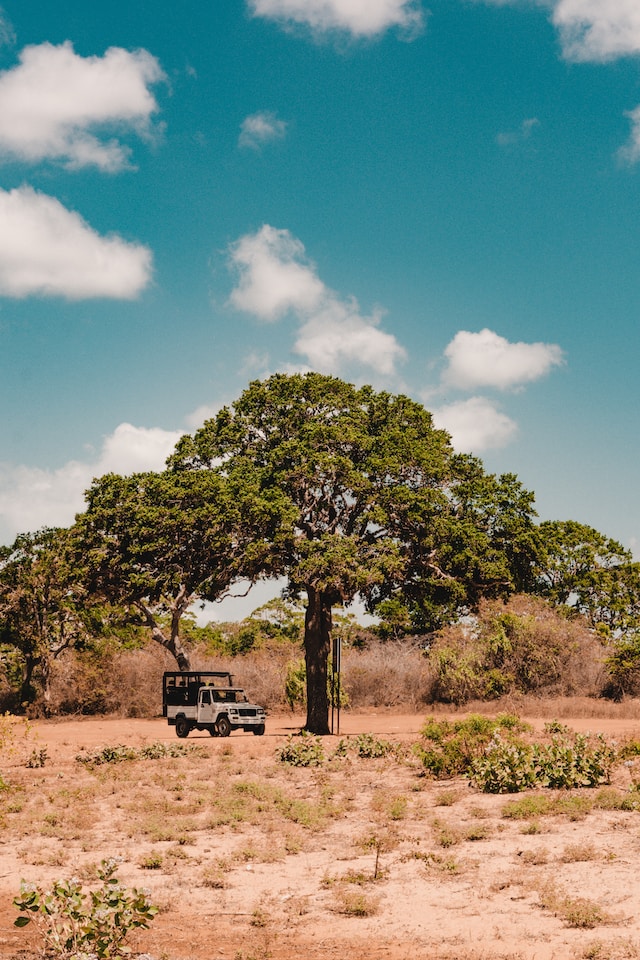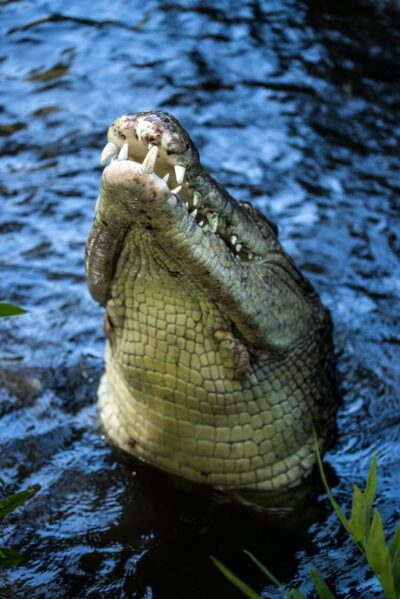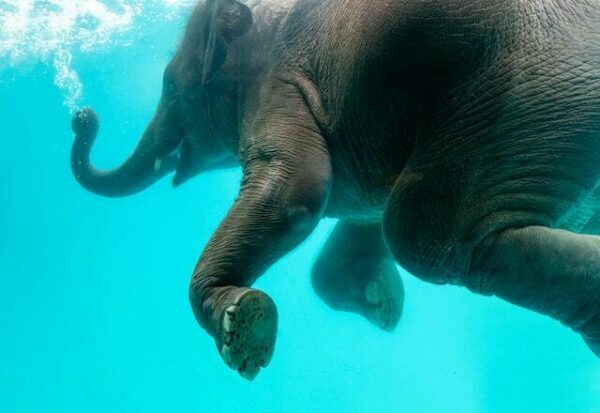The Toque Macaque, scientifically known as Macaca sinica, is an intriguing primate species that inhabits the tropical island paradise of Sri Lanka. With its charming appearance and captivating behaviors, this native species holds a special place in the hearts of both locals and tourists. This article delves into the fascinating world of the Toque Macaque, exploring its habitat, social structure, feeding habits, and its role in Sri Lanka’s cultural and ecological landscape.
Habitat and Distribution
Toque Macaques thrive in the lush tropical forests of Sri Lanka, where they find an abundance of food and shelter. These intelligent creatures can be found in various national parks across the country, including Yala National Park, Sinharaja Forest Reserve, and Minneriya National Park. Their adaptability allows them to dwell in a range of habitats, from coastal regions to mountainous areas.
Physical Characteristics
Adult Toque Macaques are medium-sized primates, with males generally being larger than females. They have a distinctive appearance, with a tuft of hair resembling a “toque” (a type of hat) on their heads, which gives them their name. Their fur color ranges from golden-brown to grey, and their expressive faces often exhibit a pinkish hue. Their dense fur helps them survive in various weather conditions.
Social Structure
Toque Macaques are highly social animals and live in groups known as troops. These troops are led by a dominant male, who maintains order and protects the group from potential threats. Within the troop, there is a clear hierarchy that determines each individual’s rank. Social grooming and communication play crucial roles in strengthening bonds among troop members.
Feeding Habits
As omnivores, Toque Macaques have a diverse diet. They consume a wide variety of fruits, leaves, insects, small animals, and even human food scraps in areas close to human settlements. Their foraging behavior is both fascinating and entertaining to observe, as they display their intelligence and problem-solving skills while searching for food.
Reproduction and Parenting
The mating season for Toque Macaques usually occurs during specific periods of the year. Once a female gives birth, she becomes the center of attention for the entire troop, receiving assistance in caring for the newborn. Infant macaques spend several months clinging to their mother’s belly before transitioning to riding on her back. Parental care and guidance are critical for the young macaques’ survival and development.
Threats and Conservation
Despite their unique charm, Toque Macaques face several threats to their survival. One significant challenge is the increasing human-animal conflict, as their natural habitats intersect with human settlements. Additionally, habitat loss and fragmentation due to deforestation pose a severe risk to their populations. Conservation efforts, including protected areas and education programs, are vital in preserving this species for future generations.
The Toque Macaque and Human Interaction
Toque Macaques hold cultural importance in Sri Lanka, where they are sometimes depicted in local folklore and traditional art. As tourism continues to grow in the country, encounters with these playful primates have become a popular attraction. However, it is crucial for tourists and locals alike to practice responsible wildlife viewing and respect the natural behavior and habitat of these macaques.
Fun Facts about the Toque Macaque
- Toque Macaques are excellent swimmers and are often seen near water bodies.
- They have cheek pouches that they use to store food temporarily while foraging.
- Toque Macaques are known for their unique vocalizations, which include various calls and sounds to communicate with one another.
- These macaques play a vital role in maintaining the balance of the ecosystem by dispersing seeds through their diet.

The Toque Macaque is a captivating primate species that adds to the rich biodiversity of Sri Lanka. As we marvel at their playful antics and social interactions, it is crucial to recognize the importance of preserving their natural habitats and ensuring their long-term survival. Responsible tourism and conservation efforts are the keys to protecting this extraordinary species for generations to come.
We hope you enjoyed this blog on Toque Macaque!. If you have any questions, please send us a message on our website or leave a comment below so that we can respond!
Good Luck!






